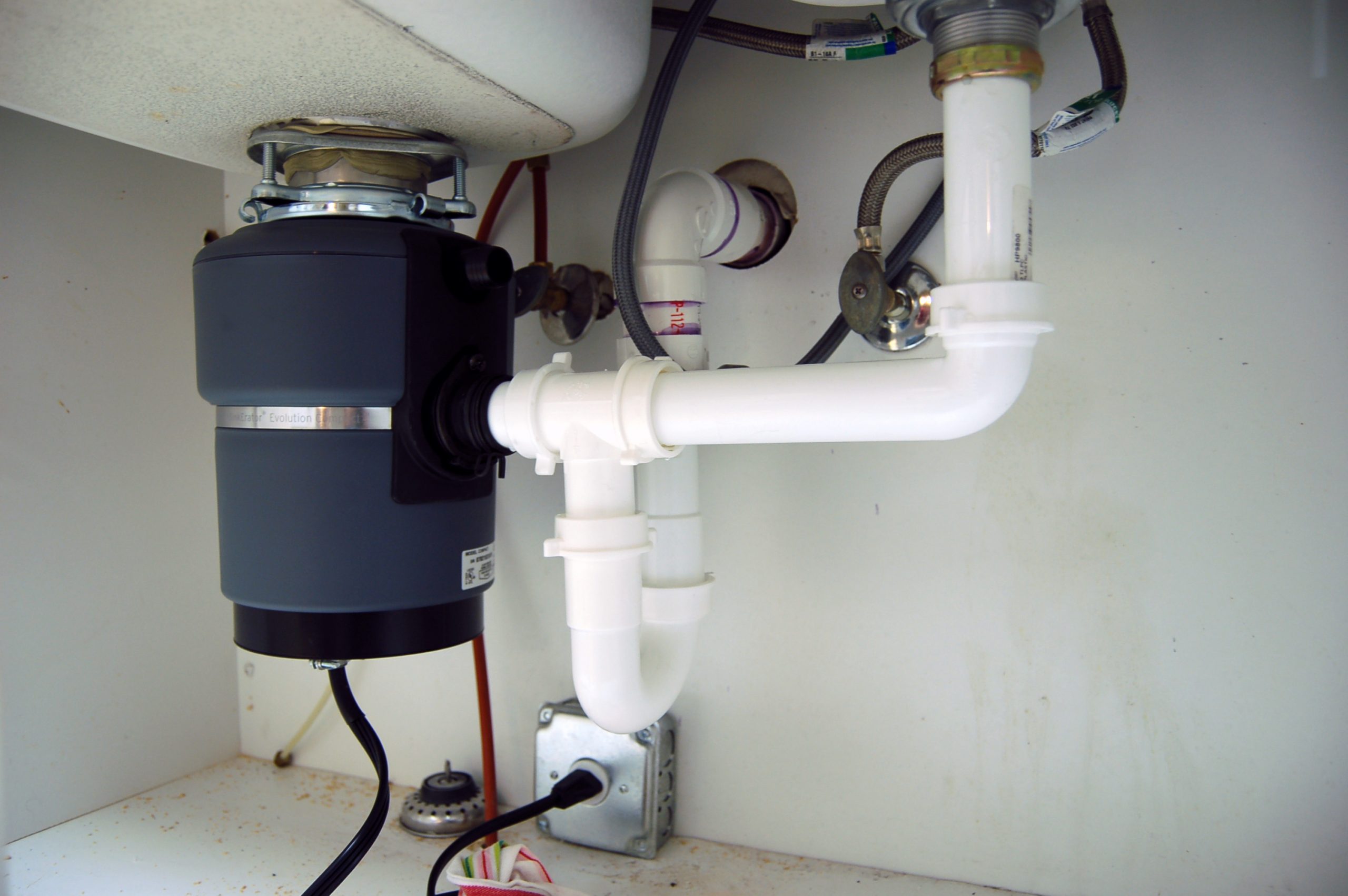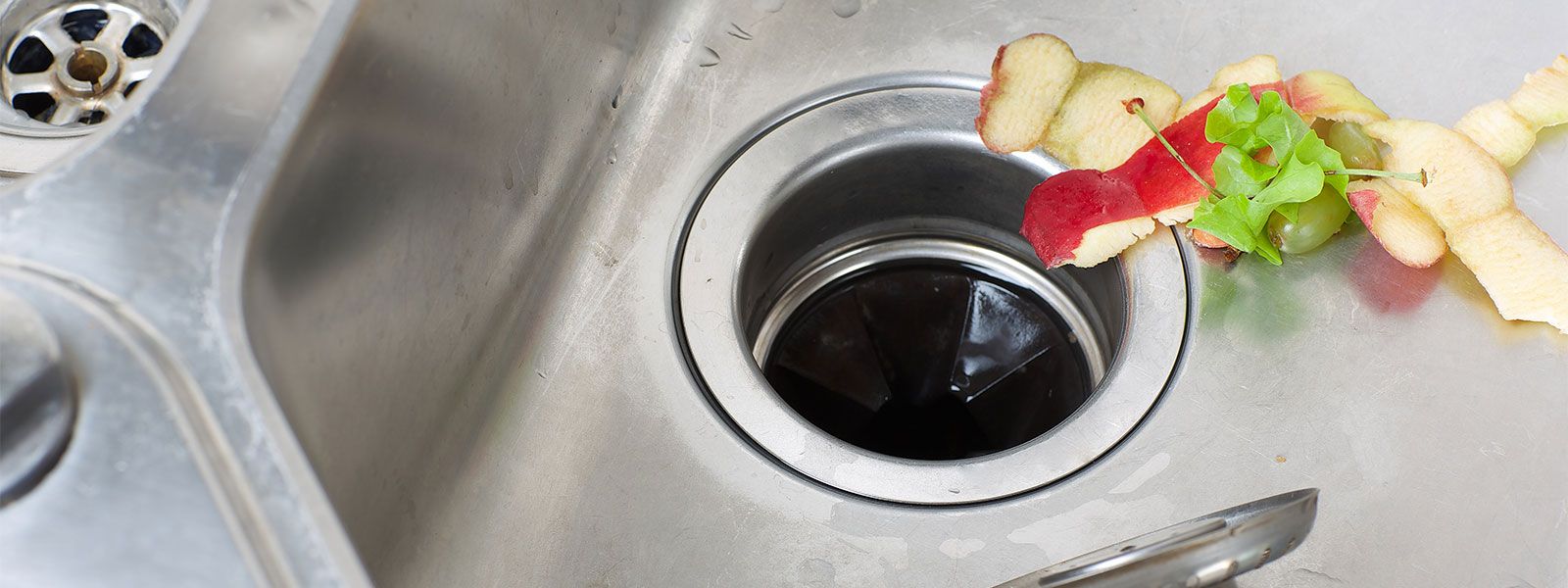Straightforward Steps to Stop a Leak in Your Garbage Disposal
CallAre you trying to find selective information around Garbage Disposal Leaking From Bottom?

Waste disposal unit are necessary kitchen area appliances that help in getting rid of food waste efficiently. Nonetheless, a leaking waste disposal unit can be a discouraging and untidy trouble to manage. Fortunately, lots of leaks can be repaired quickly with a few simple actions. In this article, we will certainly review just how to take care of a dripping garbage disposal properly.
Intro
Waste disposal unit are mounted under cooking area sinks and are developed to shred food waste into smaller sized pieces, permitting it to pass through the pipes system conveniently. While these tools are usually reputable, leaks can occur over time as a result of damage, loose connections, or damages to the system.
Common Causes of Leakages in Garbage Disposals
Worn Seals and Gaskets
Seals and gaskets play a critical role in stopping water from leaking out of the garbage disposal. With time, these parts can deteriorate, bring about leaks around the disposal system.
Loose Links
The links in between the waste disposal unit and the pipes system can end up being loosened over time, causing water to leakage out during procedure.
Fractures or Holes in the Disposal Unit
Physical damages to the garbage disposal, such as fractures or openings in the housing, can also cause leaks.
Determining the Resource of the Leak
Before attempting to fix a leaking waste disposal unit, it is necessary to determine the resource of the leakage. This can normally be done through aesthetic evaluation or by carrying out basic examinations.
Visual Inspection
Inspect the waste disposal unit device carefully for any type of signs of water leakage. Pay attention to areas around seals, gaskets, and link points.
Checking for Leaks
One method to check for leaks is by running water through the disposal unit and checking for any type of noticeable signs of leak.
Devices and Materials Needed for Taking Care Of a Leaking Waste Disposal Unit
Before beginning the fixing process, gather the needed devices and materials, consisting of a screwdriver, flexible wrench, plumbing's putty, substitute seals or gaskets, and epoxy or patching product for fixing splits or holes.
Step-by-Step Guide to Repairing a Leaking Garbage Disposal
Turn Off the Power
Before trying any type of repair services, make sure that the power to the garbage disposal device is switched off to avoid the threat of electrical shock.
Locate the Leakage
Identify the specific place of the leak and figure out the cause.
Tighten Connections
Make use of a wrench to tighten up any type of loose links between the disposal unit and the pipes system.
Change Seals or Gaskets
If the leak is because of worn seals or gaskets, get rid of the old elements and change them with new ones.
Patching Cracks or Holes
For fractures or holes in the disposal unit, use epoxy or an appropriate patching material to secure the broken area.
Checking the Waste Disposal Unit After Repair Service
Once the repair service is complete, check the garbage disposal by running water through it to make certain that the leak has been fixed.
Preventive Maintenance Tips to Stay Clear Of Future Leakages
To prevent future leakages, it is essential to execute routine upkeep on your garbage disposal. This includes keeping it clean, preventing placing non-food products or difficult objects down the disposal, and occasionally checking for leakages or other concerns.
Final thought
Finally, taking care of a leaking waste disposal unit is a reasonably straightforward procedure that can be completed with fundamental devices and products. By following the steps laid out in this article and practicing preventive upkeep, you can keep your garbage disposal in good working problem and avoid expensive repair services in the future.
HERE’S HOW TO FIX YOUR GARBAGE DISPOSAL
WHAT TO DO IF SOMETHING IS STUCK IN YOUR GARBAGE DISPOSAL
If the impeller won’t turn, there’s probably something stuck in the disposal. It could be a steak bone or peach pit, although plumbers report pulling all sorts of inappropriate objects out of disposals, such as bottle caps or aluminum foil. Make sure power to the disposal is off, and look inside to see if you can see the source of the jam.
Never stick your fingers in a disposal. Pull out anything you see with tongs or pliers.
If the disposal still won’t work, it may be time to call a plumber or consider buying a new disposal. GEM Plumbing & Heating is here for all of your garbage disposal needs.
WHAT TO DO IF YOUR GARBAGE DISPOSAL DRAIN IS CLOGGED
Take everything out from underneath your sink and put a bucket or other container under your disposal to catch any water that drains out. Disconnect your disposal from the power supply. If it’s plugged into a wall outlet, unplug it. If it’s hardwired into an electrical box, go to the electrical panel and turn off the breaker for the disposal. Pour ¼ cup of baking soda into the drain, followed by ½ cup of white vinegar. Give the solution a few minutes to fizz and do its work. Look into the disposal with a flashlight to see if you can see an object that might be causing the clog. If you see it, remove it using tongs or pliers. MORE TIPS ON DEALING WITH A CLOGGED GARBAGE DISPOSAL
Never use drain cleaner in a garbage disposal. It can damage the plastic parts inside the disposal. You can also be splashed with the caustic liquid while working to clear the clog. Beware! Never stick your fingers into a garbage disposal. Trust us — not a good idea. In many instances, your dishwasher drains through your garbage disposal. This allows the disposal to grind any large food particles that may be drained out of your dishwasher. There are some jurisdictions, however, where the plumbing code prohibits such a connection. WHAT TO DO WHEN YOUR DISHWASHER DRAINS THROUGH THE DISPOSAL
Run some water in the sink so your plunger has at least a ½-inch of water to create a seal and plunge vigorously up and down several times. You may need to repeat this several times. Run hot water down the drain to clear any residue that remains.

As a devoted reader about Why Is , I thought sharing that section was worth the trouble. Loved our write-up? Please share it. Let somebody else find it. Thanks a lot for your time invested reading it.
Call Today